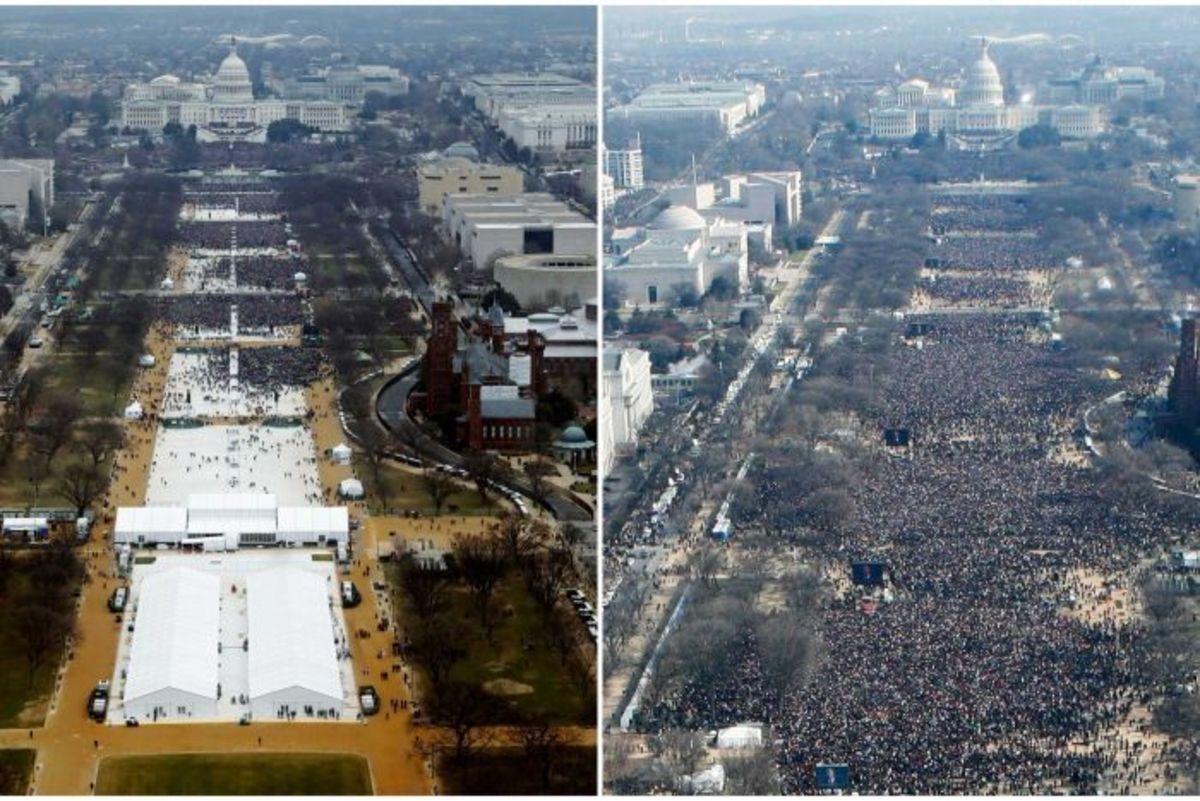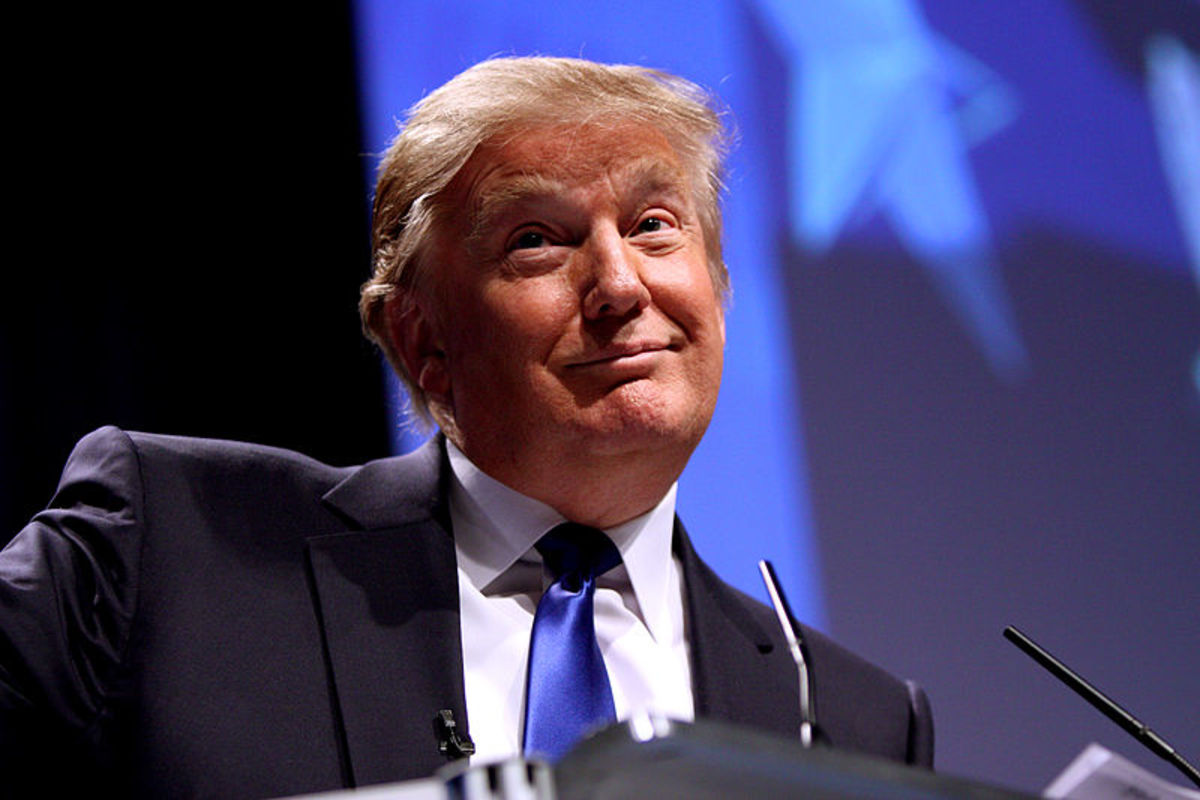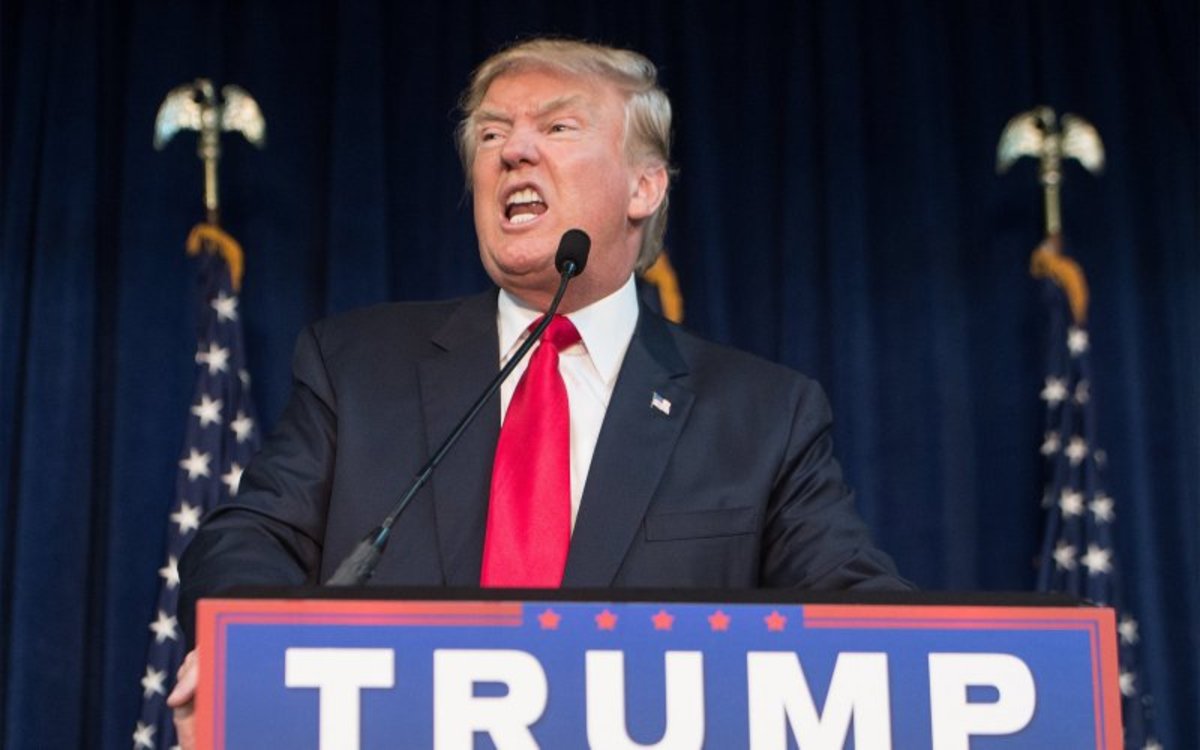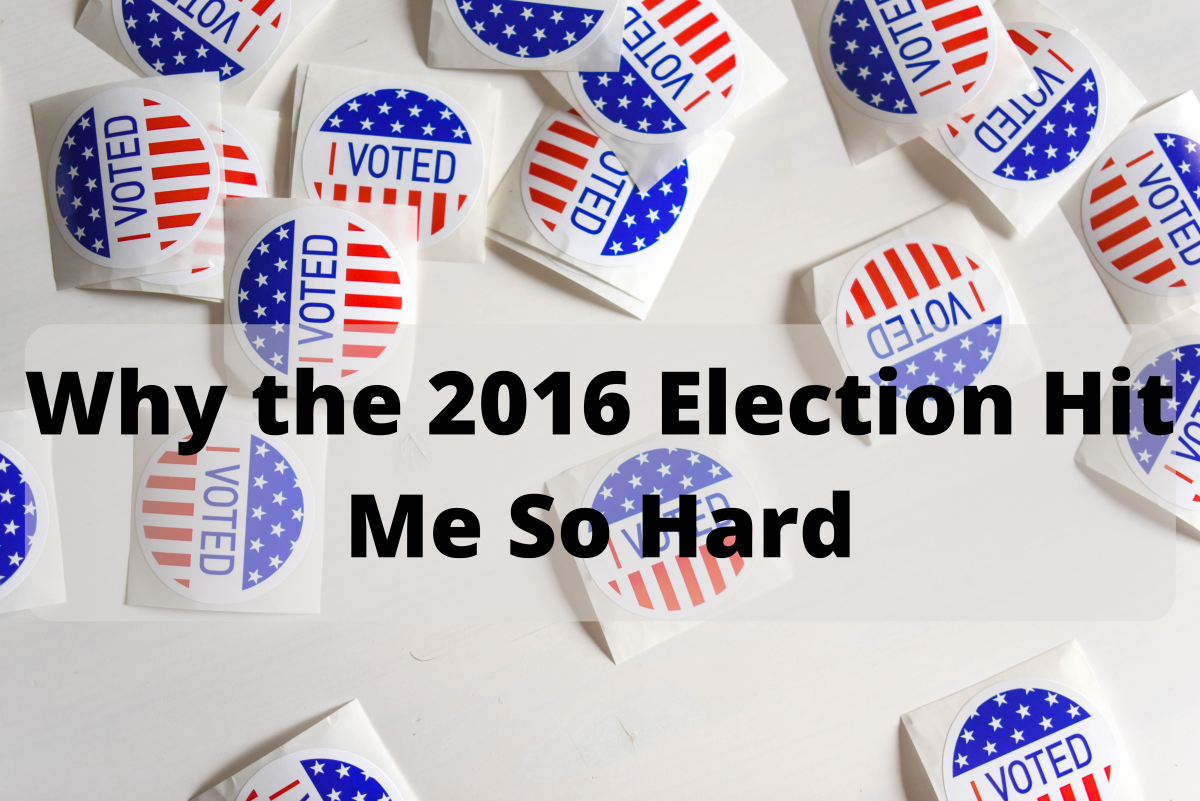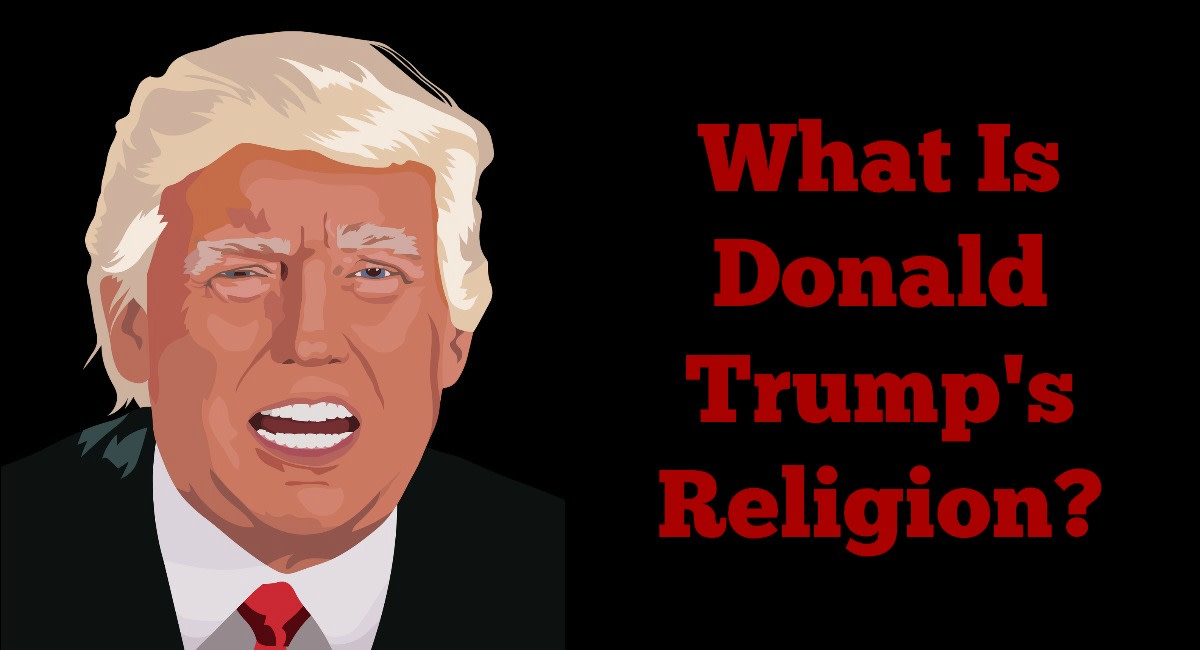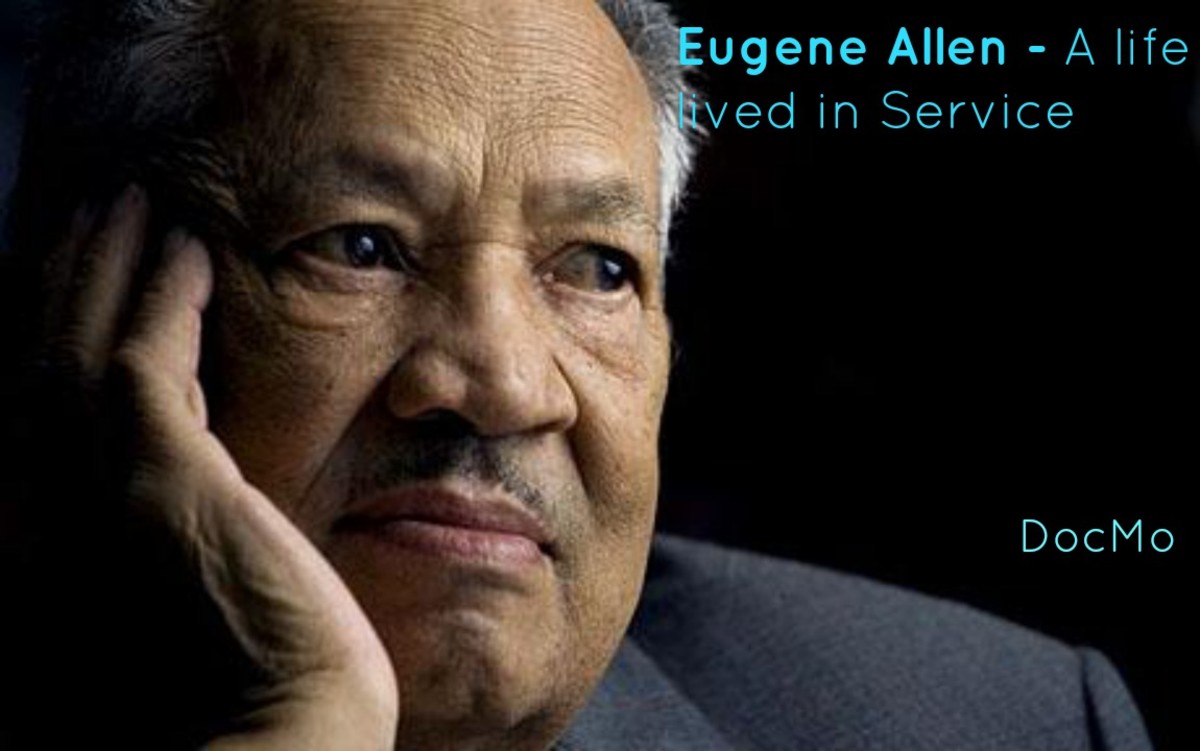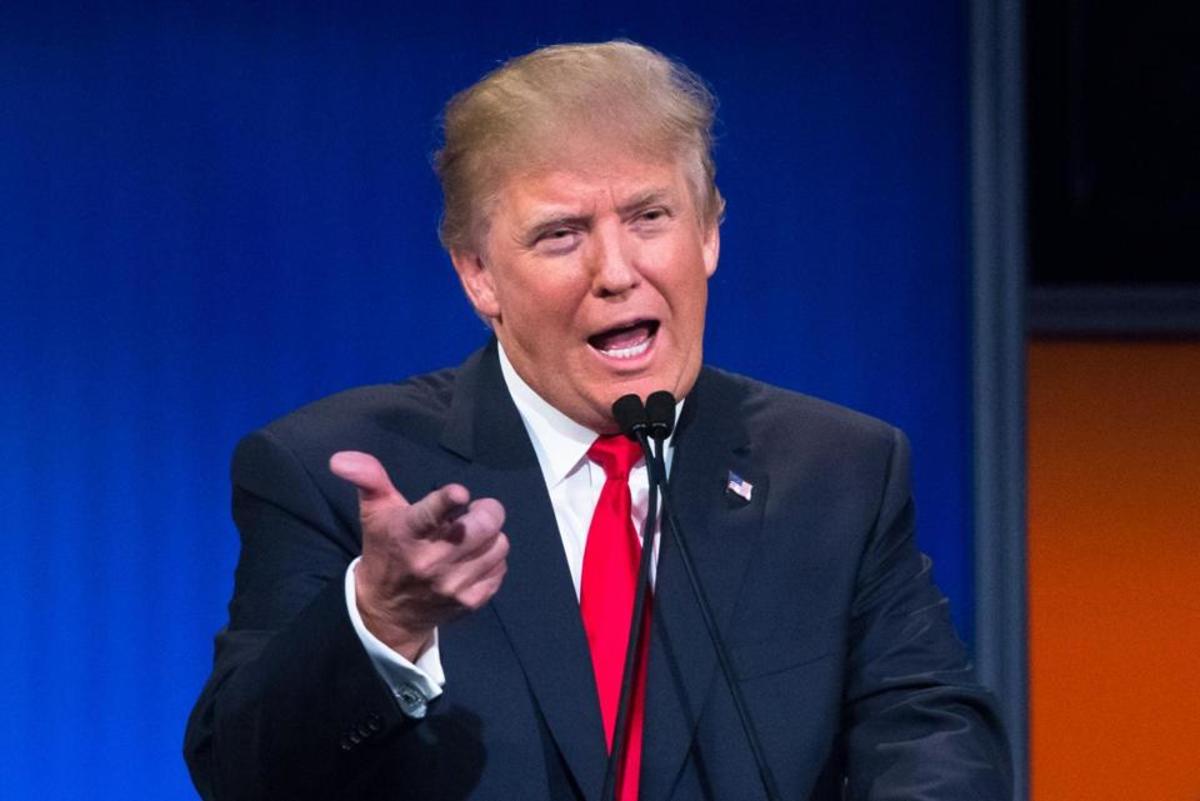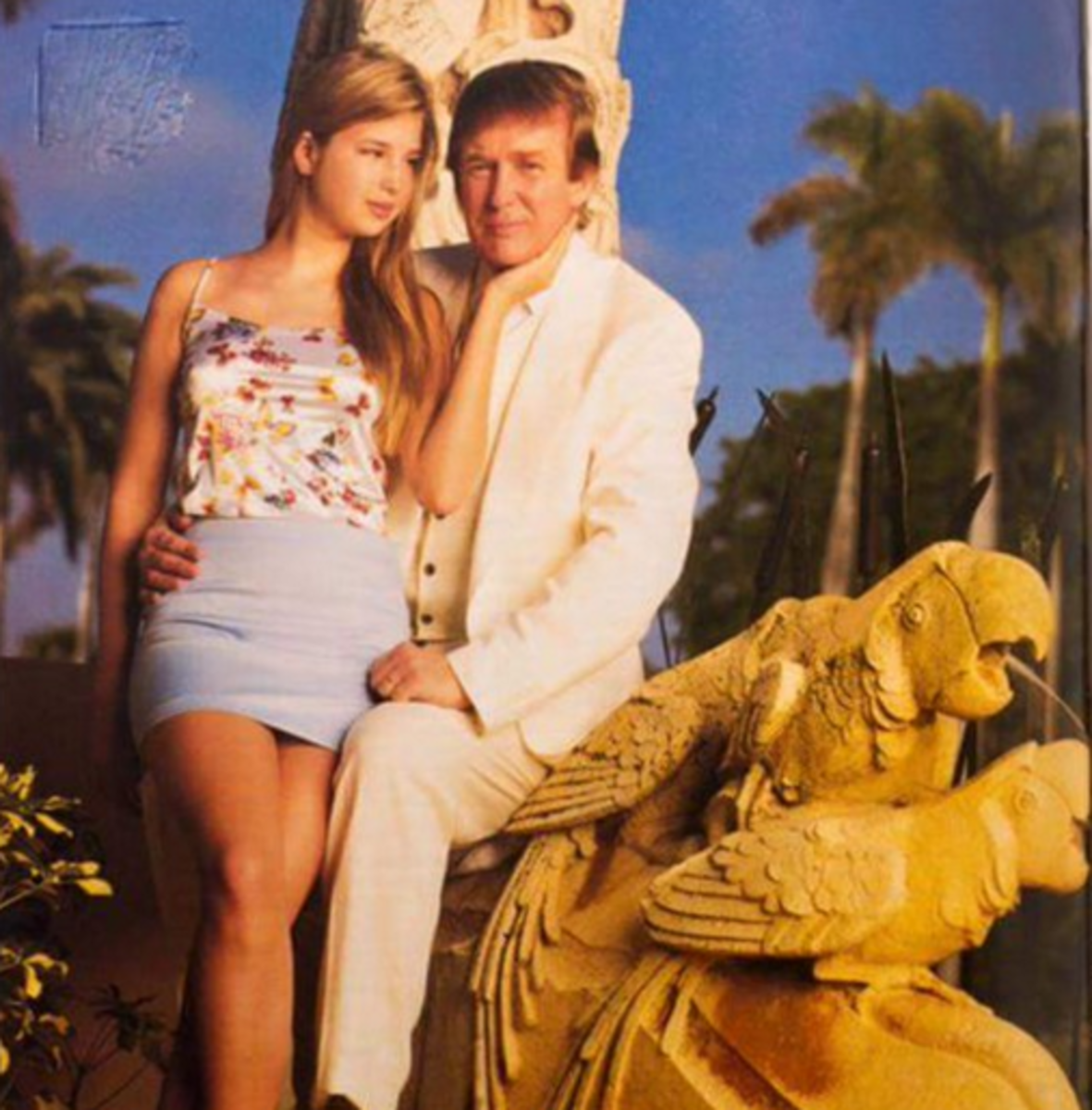Snippets From "FEAR: Trump in the White House" for Those Who Don't Have Time to Read. [Chapter 1 and 2]
Bob Woodward - Helped Bring Down Nixon and Now Helping Bring Down Trump
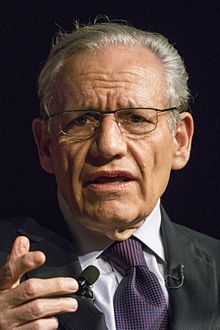
I just started reading Fear. Normally, I wait until I am well along before beginning writing about it. Because this topic is SO important to America, I am going to start now and add as I read. So please keep coming back.
Prologue
Today is September 23, 2018, just 44 days, 26 minutes, and 32 seconds1 until the most consequential midterm election in American history (regardless of whether you are pro- or anti-Trump). I have just recently finished the books:
- Shattered, by Jonathan Allen and Amie Parnes
- The Assault on American Intelligence: National Security in the Age of Lies by Gen Michael V. Hayden
- Drain the Swamp by Rep Ken Buck (R-CO)
- The Dangerous Case of Donald Trump by Dr. Bandy Lee and 27 other Psychiatrists and Mental Health Experts
I was already aware of the major points contained in each but the details were fascinating and very informative. Now, I am working my way through Fear and hope you will enjoy the journey with me.
The Big Theft
Most of you have probably already heard about Woodward's prologue to Fear so I won't go into much detail here. The upshot of it is that two of those closest to Donald Trump as President were Gary Cohn, Trump's economic adviser, and Rob Porter, the staff secretary had to purloin a draft declaration from Trump's desk, named Resolute, in the Oval Office. This was in early September 2017.
The declaration was to withdraw the United States from free-trade agreement with South Korea. To do so would put America in grave danger to an attack from North Korea and nobody could convince Donald Trump this was the case. You see, by now North Korea had the theoretical capability of delivering a nuclear weapon to Los Angeles and one of the benefits of the trade agreement is that we could put surveillance devices in South Korea that would give the U.S. near instantaneous warning of a nuclear launch from North Korea. It is only a 38 or so minute flight to LA and basing such a system in Alaska would waste 1/2 of that precious time.
The draft existed in the first place because of Trump's lack of understanding about how trade deficits work2 and he was furious we had an $18 billion deficit with South Korea. Further, he couldn't figure out why we were wasting $3.5 billion sustaining a trip wire force on the Korean peninsula. Consequently, to protect America from Trump (my words), Gary Cohn took the draft from Trump's desk and hid it.
To make matters worse, Porter (who would normally write the drafts but didn't in this case) discovered there were several more copies floating around. He found those and took them out of circulation as well.
This is what Woodward meant when he said there was an "administrative coup d'état" in the White House. The perpetrators motives were to save America from a disaster.
2 In the real world, trade deficits are neither good nor bad. They are simply the result of satisfying the needs of consumers in each country. In some cases we buy more of their things (in terms of dollars) from them than they buy from us (a deficit). In other cases, like Canada, they buy more goods and services from us than we do from them (a surplus).
Chapter 1
Fear is a character study of Donald Trump. As a layman, I always thought Trump was mentally ill, specifically I think he has Narcissistic Personality Disorder. After reading The Dangerous Case of Donald Trump, I found that many of the nations foremost psychiatrists and mental health experts think so to - along with several other severe disorders.3
What follows are excerpts that demonstrate how Trump thinks, his mental stability, his character. Trump supporters will probably not recognize anything abnormal about this behavior. But I hope the rest of you do.
It August 2010. David Bossie, who Woodward describes as a "longtime House Republican investigator and conservative activist" called Steve Bannon, who should need no introduction to ask him to meet with Trump to discuss running for president against Barrack Obama.
They met Trump in the Trump Tower and Bossie laid out a two-part plan for Trump to be president; 1) how to run in a Republican primary and win and 2) how to run for president and defeat Obama. Bossie pointed out that the Tea Party phenomenon was sweeping the country and populism, a movement to "disrupt the status quo in favor of everyday people", was on the rise. Trump responded that "I'm a business guy, I'm not a professional ladder-climber in politics."
In expanding on those points, Bossie told Trump that "you need to understand the conservative movement" and that "You've got some problems on some issues". Trump disagreed and asked "What are you talking about?"
(This is where I would like you to pay attention to the back and forth to follow.)
"First off," says Bossie, "there's never been a guy win a Republican primary that's not pro-life and unfortunately you are very pro-choice!" he goes on to tell Trump "You have a record of giving to abortion guys, the pro-choice candidates. You've made statements."
Trump responds "I'm against abortion, I'm pro-life" (he wasn't then)
To which Bossie says "you have a track record."
Then Trump says, in the most Trumpian way, "That can be fixed. You just tell me how to fix that. I'm - what do you call it? Pro-life. I'm pro-life, I'm telling you."
"What do you call it?"?? What does Trump mean "what do you call it?" If he were pro-life he would have known the term. It is that type of behavior that psychiatrists look at in trying to assess a person's mental stability. But it gets better.
"The second thing is your voting record." Bossie said.
"What do you mean, my voting record?" Trump asks.
Bossie responds "About how often you vote." to which Trump asks "What are you talking about?" to which Bossie responds "this is a Republican primary."
"I vote every time, I've voted every time since I was 18, 20 years old." Bossie tells him that is not correct and there are public records to prove it.
Then Trump says "They don't know how I vote" to which Bossie rejoined "No, no, no, now how you vote. How often you vote." Trump again insisted "I voted every time."
Then Bossie drops the truth - "Actually, you have never voted in a primary except once in your entire life."
"That's a Fing (he didn't actually say Fing, it was the full blown version) lie. That's a total lie. Every time I get to vote, I vote." says Trump. Bossie said again "You only voted in one primary. It was like in 1988 or something, in the Republican primary."
Trump now does something we have all become use to by now and did a 180 (which psychiatrists also find very disturbing as I, and I hope you do). "You're right," Trump says, " That was for Rudy."
This same scene repeats itself when Bossie gets to who Trump has donated to. He notes that 80 percent of Trump's donations have been to Democrats. Then Woodward describes the "That's BS (he didn't say that either)"; "There's public records"; Trump's "I'm always even"; and Bossie saying he isn't.
Trump then drops that tact to complain "I've got to do that. All these Fing Democrats run all the cities. You've got to build hotels. You've go to grease them. Those people came to me."
Bannon speaks up saying "Listen, here's what Dave is trying to say. Running as a Tea Party guy, the problem is that's what they are complaining about. That it's guys like you that have inside deals."
To which Trump responds "I'll get over that. It's all rigged. It's a rigged system (this is 2010 remember). These guys have been shaking me down for years. I don't want to give. They all walk in. If you don't write a check ..."
There is more, but you will need to read the book. OK, one more tidbit. Near the end of the meeting Trump says
"I'm pro-life. "I'm going to start."
3. They, and I, make clear that having a mental illness is no different than having a broken arm in terms of the stigma that should be associated with it. What makes them want to write about it and warn America about Trump is his mental illness is can cause great harm to others.
Chapter 2
Steve Bannon
Jump forward six years to a time after Donald Trump won the Republican primaries in July 2016. Here Woodward explores how Steve Bannon and Kelly Ann Conway rose to prominence in Trumpworld.
On Aug 13, 2016, Bannon read a NY Times story titled The Failing Inside Mission to Tame Trump's Tongue. This article reported that there were "20 Republican unnamed sources sources close to Trump or in communication with his campaign" who painted Trump as "bewildered, exhausted, sullen, gaffe-prone and in trouble with donors." (In my view, nothing much has changed.)
Bannon was dismayed and thought Trump was headed for sure defeat; so he called his Breitbart sponsor Rebekah Mercer. She and her father, the recluse Bob Mercer, were unbelievably wealthy, very far-right, Republican donors and financial backers of Bannon and Breitbart. 1 Bannon described his worries and thought that he and Breitbart would be blamed for his loss. She suggested that "he step in" and take over the campaign from Paul Manafort, who she described as "a disaster".
Rightly, Bannon said he didn't know anything about running a campaign to which Rebekah responded "Nobody's running the campaign now. Trump listens to you. He's always looking for adult supervision."2
Bannon said "I'll do it in a second. But why would he do that?" Rebekah said "This thing's in panic mode." and Woodward's aside is "In short, Trump might hire Bannon because he was desperate."
Something they rarely do, the Mercer's asked to see Trump. Rebekah told Trump, "Manafort has to go." Trump asked "What do you recommend?"
The reply was "Steve Bannon will come in." Trump says "He will never come in." To that, Woodward says Rebekah replied that Bannon "definitely" would. And he did.
Reince Priebus
Reince read the same NY Times article and, according to Bob Woodward, Priebus thought "Holy Shit!, this is really bad stuff." that "It wasn't a campaign. They were a joke." Priebus also offered that the month of August was a catastrophe, that it was "A constant heat lamp that wouldn't go away." (It hasn't yet, 2 years later.)
The night that Mercer told Trump that Bannon was going to be his campaign manager, he called Trump and set up a meeting the next day with Donald Trump. Bannon told Trump "but let's keep it totally quiet."
Trump didn't. When Bannon showed up he found out that Roger Ailes, Governor Chris Christie, and Rudy Giuliani were expected.
First in was Roger Ailes. He was surprised Bannon was there and when he explained to Ailes that he is being brought in to run Trump's campaign. "What the F---," was Ailes response, "You don't know anything about campaigns." Bannon's response was "I know, but anybody could get more organized than this thing is."
Ailes explained to Bannon why there were going to be others at Bannon and Trump's private meeting - they were having their weekly "debate prep". This was not really true, but intended to get Trump use to preparing for the upcoming debates.
That surprised Bannon because he didn't think Trump prepared for anything and in fact, this wasn't real debate prep. The response from the other three was "No, he comes and plays golf and we just talk about the campaign and stuff like that. But we are trying to get him in the habit."
Paul Manafort
"At this point campaign manager Paul Manafort walked in." Needless to say, Steve Bannon was surprised and not happy. Manafort was followed by Trump.
Woodward notes that one of Trump's ironies was: "He attacked the mainstream media with relish, especially the Times - but despite the full-takedown language, he considered the Times the paper of record and largely believed its stories" So, with that in mind, Trump begins to pummel his campaign manager, Paul Manafort about the NY Times story regarding "taming his tongue."
"Paul, am I a baby?" Trump asks, "Is that what you are saying, I'm a baby? You're terrible on TV. You got no energy. You're never going on TV again." Bannon tried to help by saying the story was full of "unnamed sources"; but Trump batted that away by saying, while looking at Manafort, "No, I can tell. They're leakers." Then Woodward writes that Trump "knows the story is gospel." Manafort left shortly after that.
Steve Bannon
Then Trump goes through a refrain that will sound familiar after Manafort was indicted by Special Prosecutor Bob Mueller. He says to Bannon and the group that,
"This thing is so terrible. It's so out of control. This guy's [Manafort] is such a loser. He's really not running the campaign. I only brought him in to get me through the convention."
Here Bannon told Trump not to worry about the fact he was down 12 to 16 points nationally. Instead he noted that "Two thirds of the country thinks we are on the wrong track, and 75 percent of the country thinks we are in decline ... That set the stage for a change agent. Hillary was the past." Then Bannon offers that the strategy should be to "compare and contract Clinton" and then he made two distinct points:
- "The elites in the country are comfortable with managing the decline."
- "And the working people are not. They do want to make America great again"
Hillary Clinton never understood this calculus. With that (and several more suggestions) Trump told Bannon his is now the campaign's Chief Executive Officer even though Manafort will remain campaign manager for the time being, but without authority. Then they all agreed that Kellyanne Conway would end up being the campaign manager.
Kellyanne Conway
Some time later, Trump ask Conway, who was then supervising some campaign ads that month, "Am I paying for these people?" He then complained about the equipment and set-up and "groused about the camera crew". He ended up telling Conway to "Tell them I'm not going to pay."
"Conway took a stab at candor", Woodward writes, and tells Trump "You know you are losing? But you don't have to. I've looked at the polls. There is a path back." She observes that Trump was considered unelectable but his primary opponents were. She said "The people decided. I will not be fooled again, " and he won the primary.
Trump had become a movement, she says. That without a formal campaign, he shows up and draws these massive crowds. Another point she made was to forget the national polls, it was the individual states that mattered. Therefore they need to focus on the electoral college. They also need to convince people Trump can keep his promises. But because the story line was that he was a successful businessman3 and then they can argue that he can deliver.
After a bit Trump asks Conway, "Do you think you can run this thing?"
"What is 'this thing'?" she responds.
"The campaign. The whole thing. Are you willing not to see your kids for a few months?" Conway said yes.
1 Soon after Bannon was dumped from the White House, the Mercer's broke ties with him.
2 This last sentence has been used many times about Trump and, in my opinion, is where most people get it wrong and therefore misread Trump. While it is true he does need "adult supervision", I have seen nothing to indicate that he wants or will accept it.
3 He really wasn't, as we are finding out today"
© 2018 Scott Belford


